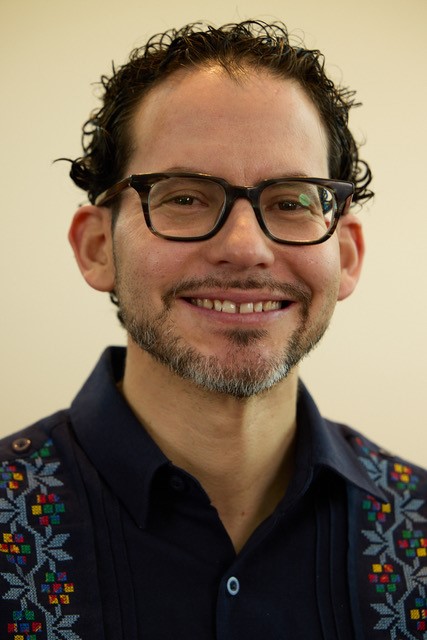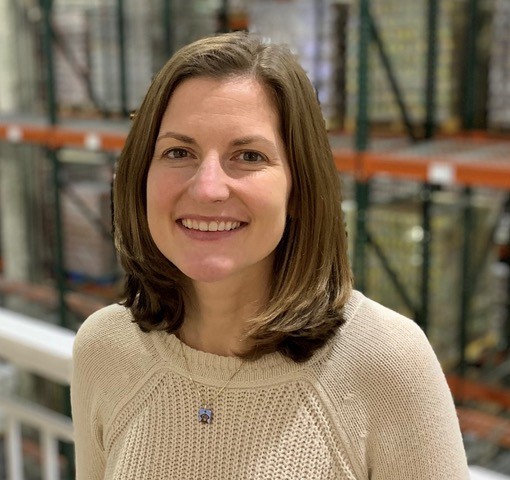Ensuring Food Security to Optimize Chronic Medical Condition Care
June 18, 2025
Special Program
253ABC
Food is medicine—and yet, for millions, it’s out of reach. Since 2021, the Greater Boston Food Bank has led the way and conducted an annual survey of Massachusetts households to determine the rates and impacts of food insecurity. This pioneering research has shaped public policy, sparked national awareness, and become a model for communities across the U.S. Now the stakes are even higher. This year’s survey goes further than ever before, capturing new data on the relationship between food insecurity and its impacts on healthcare, healthcare costs, and social connections in communities. The panel will discuss the questions: “What is the impact of food insecurity on the effectiveness of medicines? How does food insecurity complicate treatment and reduce the effectiveness of medications (e.g.: Diabetes, Cardiovascular Disease, Obesity, etc.)? How does lack of access to food impact care of patients? What role do healthcare centers play in helping patients access both medicines and food? What role can the biotech industry play in helping food security and providing holistic solutions to patients? What is the role of personalized medicine and biotechnology in addressing chronic diseases linked to diet and lifestyle?” Biotech leaders are uniquely positioned to drive innovation that improves health outcomes and strengthens communities and attendees will walk away with actionable insights on how biotechnology can be a leader in addressing food insecurity and transforming the future of health.
Moderator
Speakers

.jpg)



Assistant Professor of Medicine, General Internal Medicine
Boston University Chobanian and Avedisian School of Medicine
.jpg)
Dean, Professor, New Balance Chair in Childhood Nutrition
Friedman School of Nutrition Science and Policy, Tufts University

Director, Center for Pediatric Nutrition, Mass General Hospital for Children
Assistant Professor, Harvard Medical School

Head of Alzheimer’s and Dementia Development Unit & Head, MS and Immunology Development Unit
Biogen




)
)
)
)
)